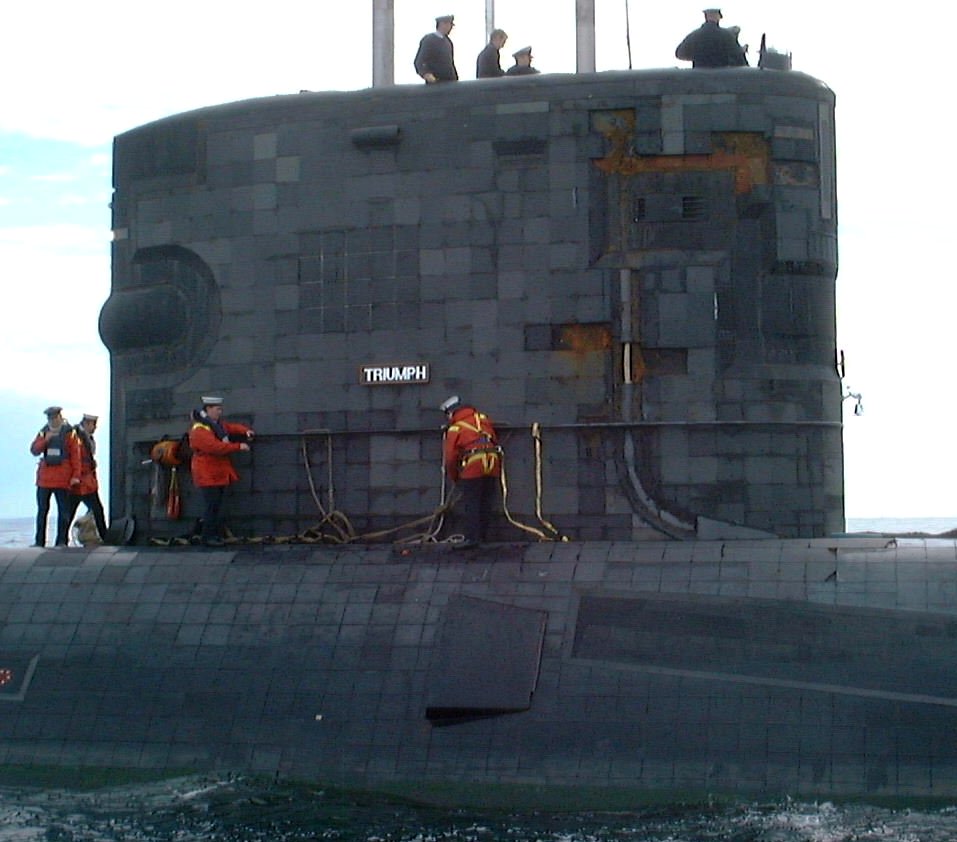did the U480 succeed as described, yes or no? If the answer is no, then the stuff either didn't work, or only partially worked, and other factors may have been at play that wouldn't always be the case, may have made it seem better than it really was. If the answer is yes, then my confused mind has to interpret the bolded text as either being wrong flat out, or is not addressing the specific sub in question, but rather more broadly the whole 'rubber coating' think in the context of the entire submarine fleet and the war as a hole.
Let me answer with a non-answer.

Extrapolating from a single example strikes me as a bad idea, so what happened to
U-480 doesn't prove the case either way. The issue of anechoic tiles working or not is too complicated for that one example to be sufficient evidence. (It's what's widely known as "anecdotal".)
As we both concluded in a long back and forth, you solve it in the crews and in the weapons.
Absolutely.
a Type XXI deathtrap. ...Cause Fido will get you.
Goal is to win before either arrives. I suspect that's possible. Hard, but possible.
In ref anechoic tiles: gentlemen, down swords, please. Goal is to win before they'll be needed, so whether they work is moot.
I don't recall anyone saying that.
how can the KM achieve war assisting or prolonging bang for buck given it cannot win
That's an excellent question. Let me reframe it: can KM enable Germany to knock Britain out of the war before the Soviets begin steamrolling the
Heer back to Berlin? Or will the U.S. entry make that impossible in any event?
Put another way, can the
BdU achieve a high enough tonnage/patrol rate, & a high enough sortie rate, given an increase in sustained force (by sacrificing useless projects like
Graf Zeppelin, & arguably
Bismarck &
Tirpitz), to achieve a knockout even
before the U.S. entry?
Consider: more time boats on station (thanks to faster transits) forces diversion of British forces. Where are the ships, & escorts, & a/c, coming from? What is being sacrificed? Where does Germany do better as a consequence? How much does Britain have to sacrifice if German firecontrol even doubles the number of hits? (Radar could readily do that, IMO.) How much higher is the sustained force if
BdU reduces losses (thanks to an end to the stupid comm practises

)? How much higher are British losses if
BdU losses, especially (but not only) the aces, are lower? How much more effective is
BdU if there's more information exchange between the front line force & the training command? (I'm honestly ignorant how good it was OTL.)
None of that requires radical changes to German submarines, just to the building rate & to the deployed equipment. No need for HTP torpedoes or wire guidance or Type XXIs, just re-engined (faster) Type IXs & radars, & better CO training & selection, & earlier focus on U-boats at the expense of heavies. (And, yes, focus on the Atlantic.) I suspect it's possible to sustain a
per-patrol tonnage rate well above the OTL 3900 tons.
I return to my earlier question, too: could Britain be crippled by destruction of her tanker fleet alone? That approach worked extraordinarily well against Japan (which started with only about 570,000 tons of tankers, to be fair). Would it work against Britain?


